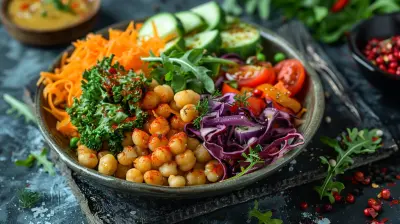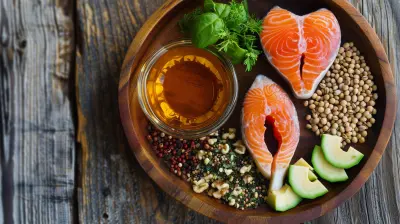Plant-Based Diets and Their Impact on Cholesterol Levels
22 August 2025
Ah, cholesterol—the double-edged sword of the nutrition world. Some of it is great (hello, HDL!), and some of it? Not so much (looking at you, LDL). But did you know that what you eat can play a massive role in keeping your cholesterol levels in check? And guess what steals the show in this heart-healthy drama? Yep, a plant-based diet!
In this article, we're diving deep into how swapping your steak for some lentils and ditching dairy for almond milk can do wonders for your cholesterol. So, if you’ve been flirting with the idea of going plant-based or just want to keep your heart happy, stick around!
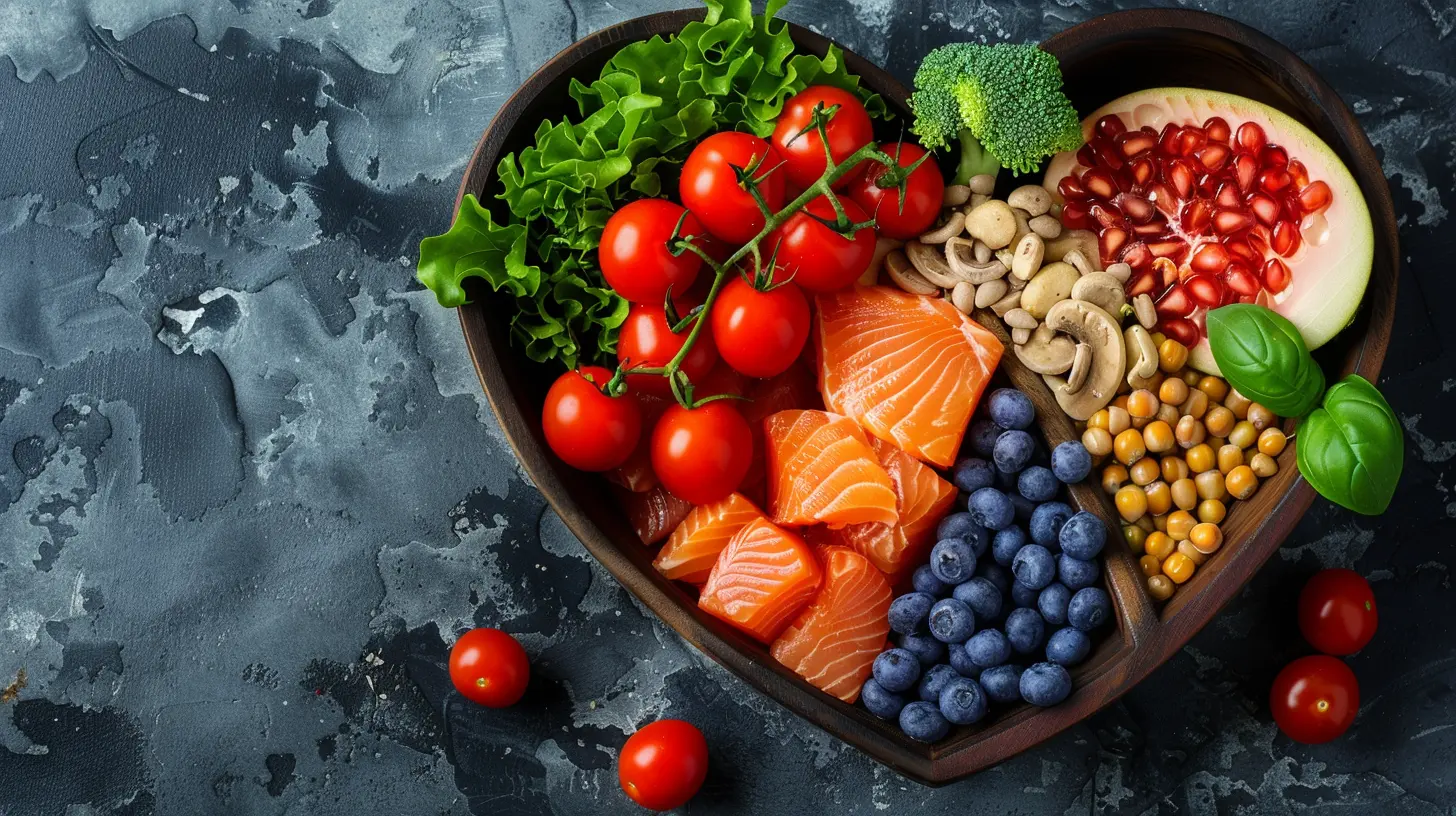
What’s the Deal With Cholesterol Anyway?
Before we go plant-power crazy, let's break down cholesterol a bit. It’s a fatty substance in your blood, and while your body actually makes all the cholesterol it needs, your diet can tip the balance in the wrong direction.- LDL (Low-Density Lipoprotein): The "bad" cholesterol. Too much of it clogs arteries, potentially leading to heart disease.
- HDL (High-Density Lipoprotein): The "good" cholesterol. This one actually helps remove LDL from your bloodstream.
Your goal? Keep LDL down and HDL up. So where does a plant-based diet fit in? Let’s find out.
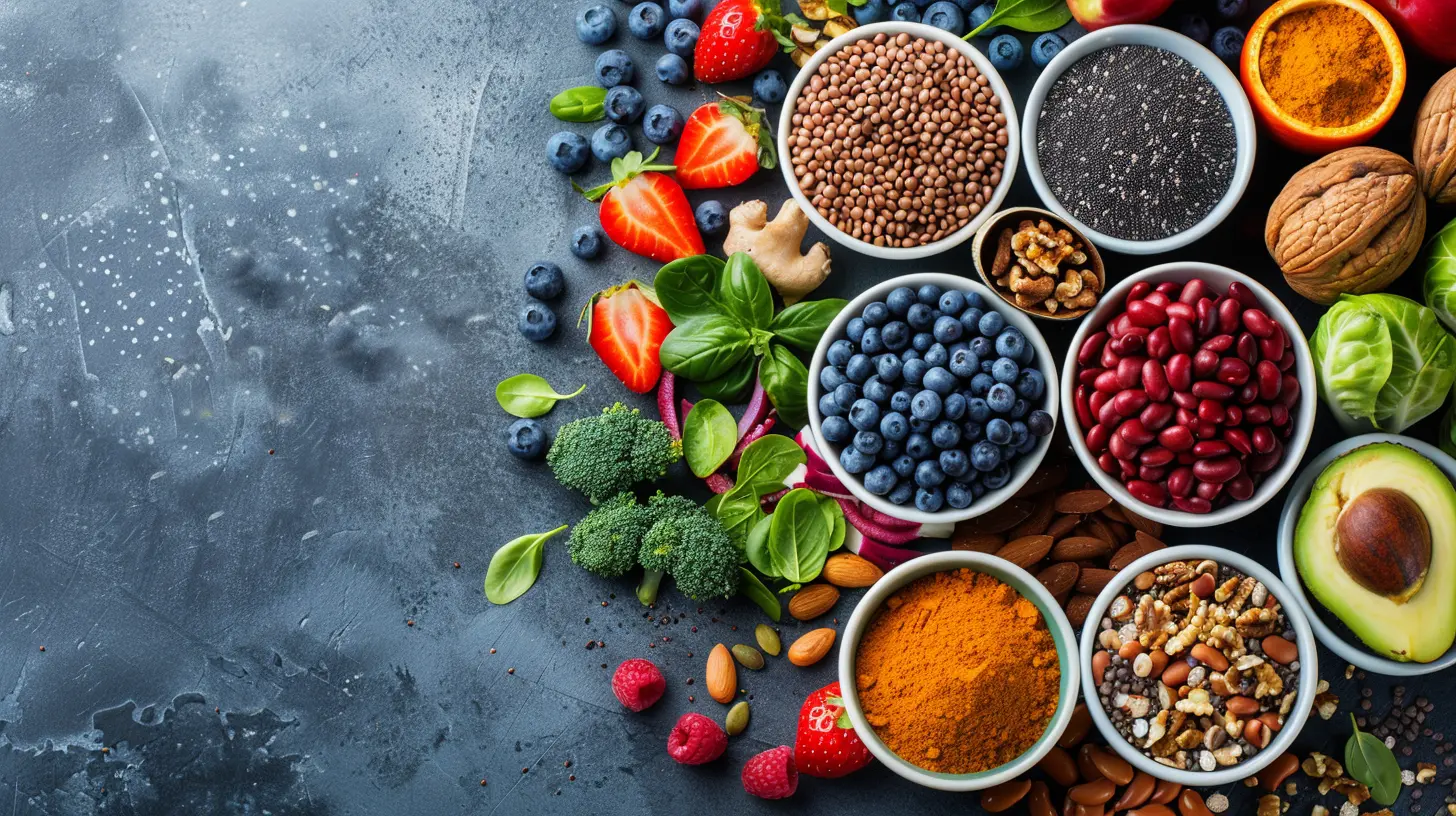
How a Plant-Based Diet Impacts Cholesterol Levels
1. Say Goodbye to Dietary Cholesterol
Animal products like meat, cheese, and eggs are packed with dietary cholesterol. But plants? Not a single gram! When you shift toward a diet filled with fruits, veggies, legumes, and whole grains, you're automatically cutting out a major cholesterol source.2. Fiber is Your Heart’s Best Friend
If there were a VIP nutrient for heart health, fiber would be rocking the spotlight. Soluble fiber, found in foods like oats, beans, and flaxseeds, acts like a sponge, soaking up excess cholesterol and escorting it out of your body. It’s like having a personal cholesterol bouncer, keeping LDL out of your bloodstream!3. The Power of Plant Sterols
Plants come loaded with compounds called sterols and stanols, which mimic cholesterol in your body. Because they compete with cholesterol for absorption, they can significantly lower LDL levels. Foods rich in these magical compounds? Nuts, seeds, and whole grains.4. Healthy Fats, Not Harmful Fats
Unlike animal-based diets brimming with saturated fats, plant-based diets are rich in healthy unsaturated fats. Avocados, olive oil, nuts, and seeds provide the kind of fats that can boost HDL while lowering LDL. It’s like upgrading to premium fuel for your heart!5. Weight Loss Effect
Carrying extra weight can drive up LDL cholesterol levels. Since plant-based diets are typically lower in calories and high in fiber (which keeps you full for longer), they naturally promote weight loss. Dropping excess pounds can lead to a direct improvement in cholesterol levels.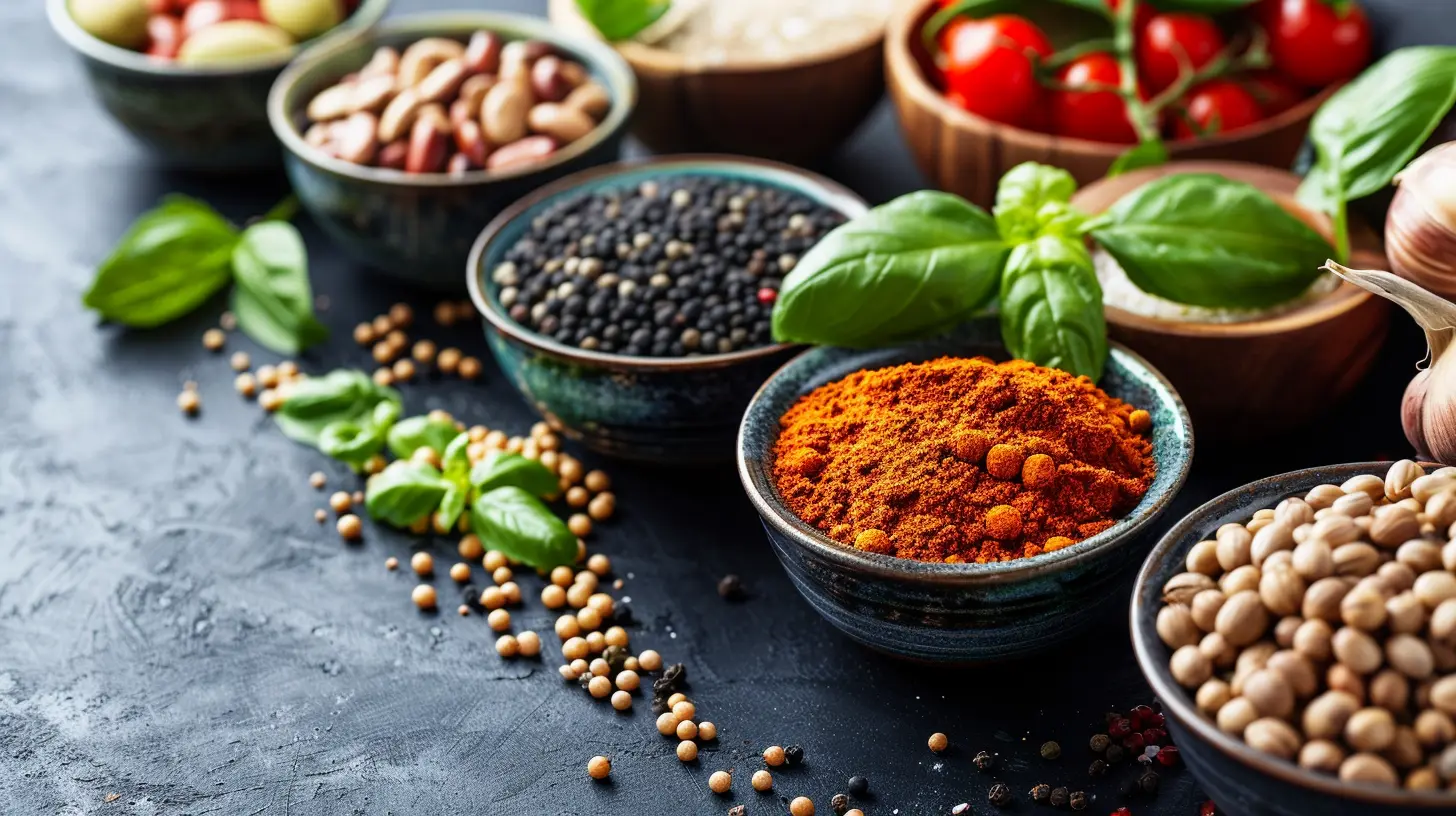
Surprising Benefits Beyond Cholesterol
Switching to a plant-based diet doesn’t just help with cholesterol—it brings a boatload of other health perks, too!🌿 Lower Blood Pressure
Plant-based diets tend to be lower in sodium and higher in potassium, which helps keep blood pressure in check.🦠 Better Gut Health
A fiber-rich diet feeds your good gut bacteria, supporting digestion and even boosting immunity.🔥 Reduced Inflammation
Many animal-based foods trigger inflammation, which can contribute to heart disease. Plants, on the other hand, bring anti-inflammatory benefits with their antioxidants and phytonutrients.💪 Longer Lifespan
Studies show that adopting a plant-based diet can add years to your life. Who doesn’t want to stick around longer to enjoy more tacos (plant-based, of course)?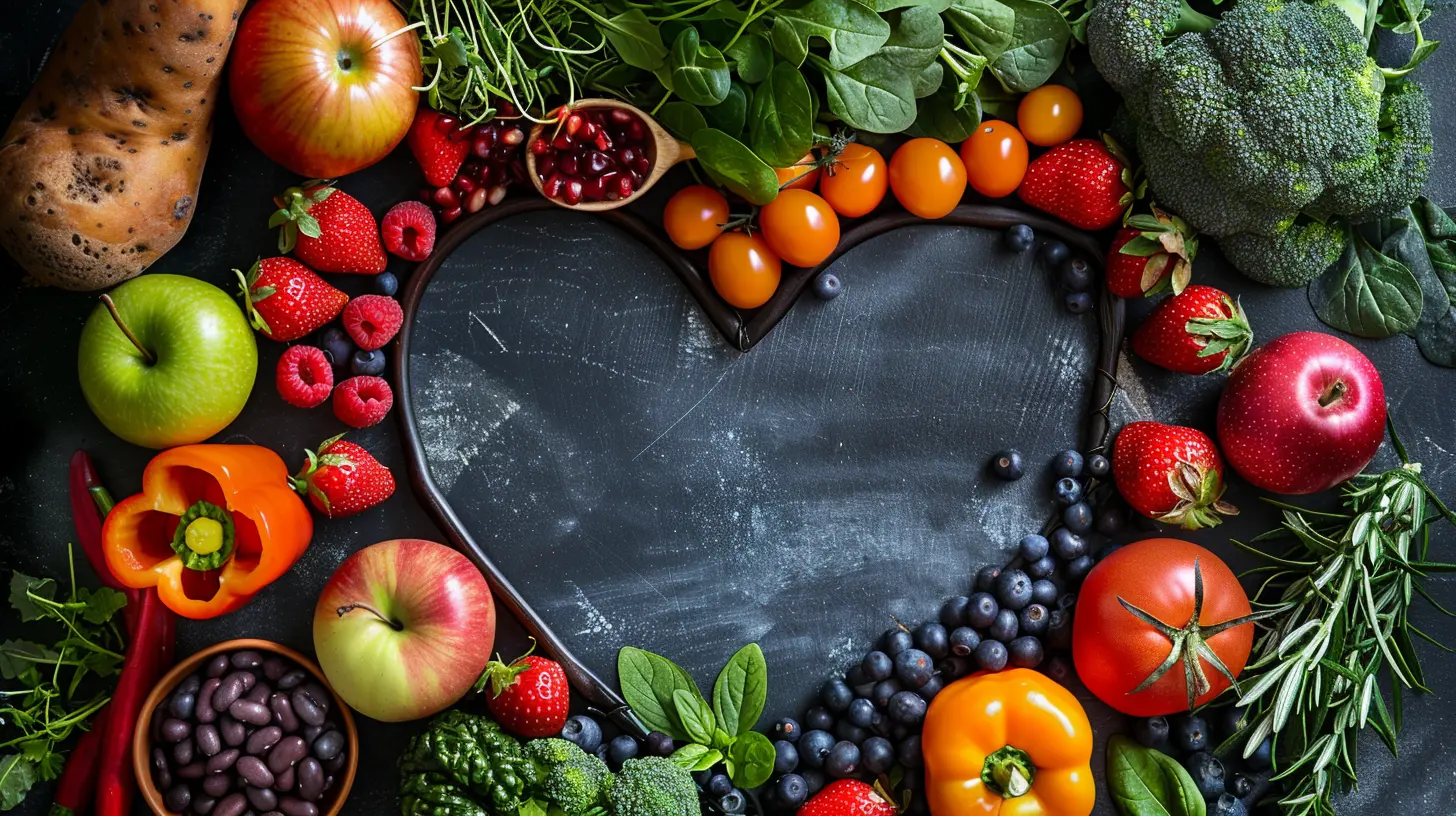
Making the Switch: Simple Ways to Go Plant-Based
Ready to give this whole plant-based thing a shot? You don’t have to go 100% vegan overnight. Small changes can make a big difference.🍏 1. Start with Meatless Mondays
Ditch meat for one day a week and see how you feel.🫘 2. Swap Meat for Plant-Based Proteins
Try lentils, chickpeas, tofu, or tempeh instead of beef or chicken.🌽 3. Snack Smart
Instead of reaching for chips or cheese, munch on nuts, seeds, or fresh fruit.🥗 4. Load Up on Veggies
Make sure at least half of your plate is filled with colorful veggies.🛒 5. Read Labels Carefully
Avoid "plant-based" junk food loaded with unhealthy fats and processed ingredients. Real, whole foods are your best bet.What About Protein? The Classic Concern
One of the biggest myths about plant-based diets is that they lack protein. But trust me, you’re covered. There’s plenty of protein in:- Lentils (18g per cup)
- Tofu (20g per cup)
- Chickpeas (15g per cup)
- Quinoa (8g per cup)
- Nuts & Seeds (varies but packs a punch!)
Unless you're on some extreme fitness regimen, you’ll easily get enough protein from plants.
Final Thoughts
A plant-based diet isn’t just a trendy buzzword—it’s a heart-healthy lifestyle choice that can dramatically lower bad cholesterol, boost good cholesterol, and improve overall health. Whether you go fully plant-based or just reduce animal products, your heart (and body) will thank you.So, what do you think? Ready to give plants a shot and keep your cholesterol in check? Your heart’s betting on it!
all images in this post were generated using AI tools
Category:
CholesterolAuthor:

Jackson Mahoney
Discussion
rate this article
1 comments
Lisa Torres
Switching to a plant-based diet is like telling your cholesterol, 'It's not you, it's me!' Who knew that swapping out burgers for beans could turn your arteries into a smooth jazz concert? Let’s just hope my taste buds can keep up with all this healthy grooving!
September 9, 2025 at 2:48 AM

Jackson Mahoney
Thanks for the clever analogy! It’s true—transitioning to a plant-based diet can significantly improve cholesterol levels, and with tasty options, your taste buds will surely enjoy the groove!
